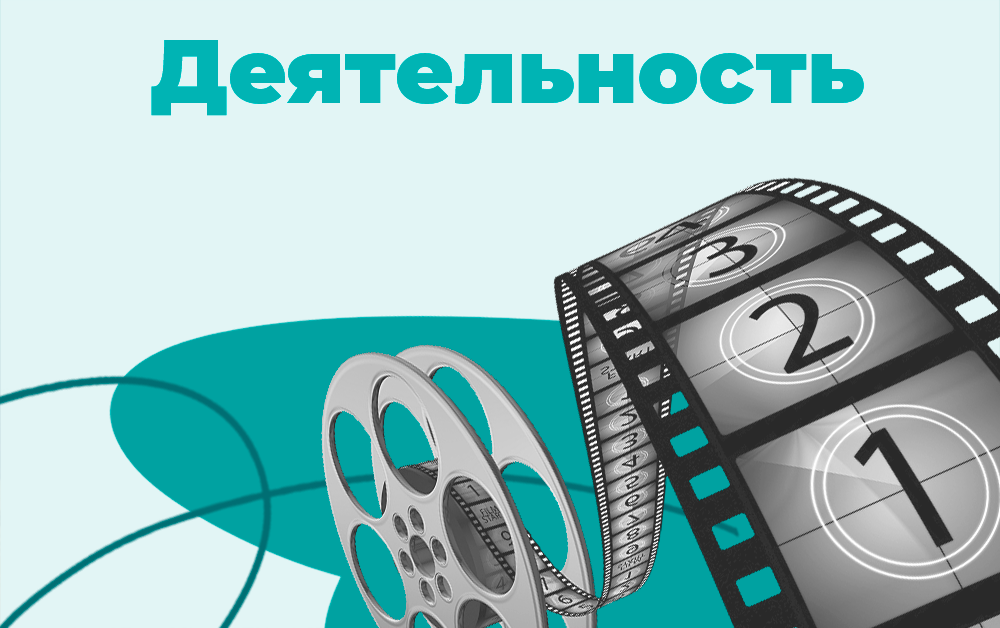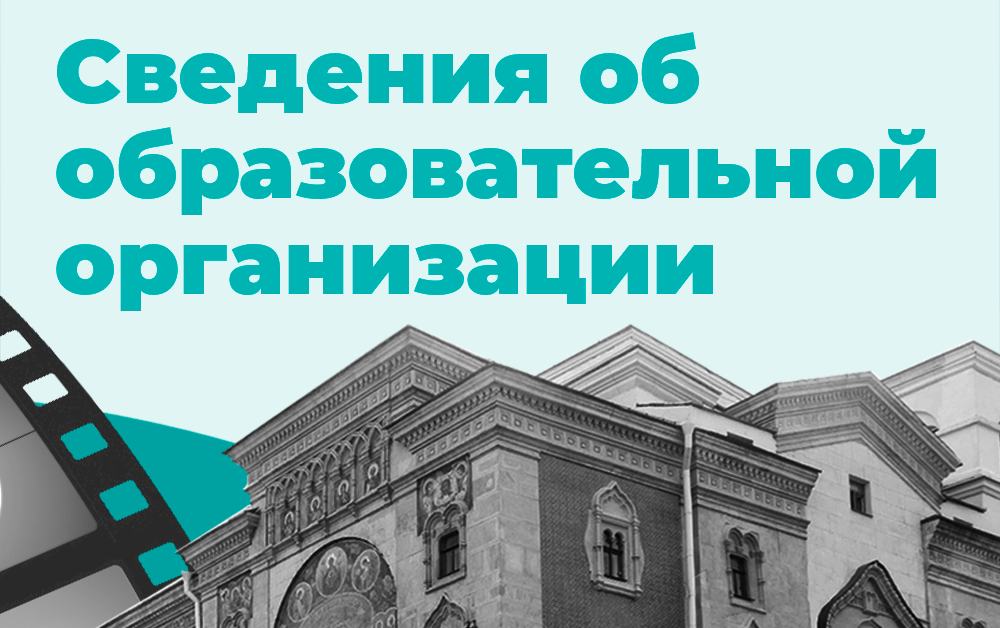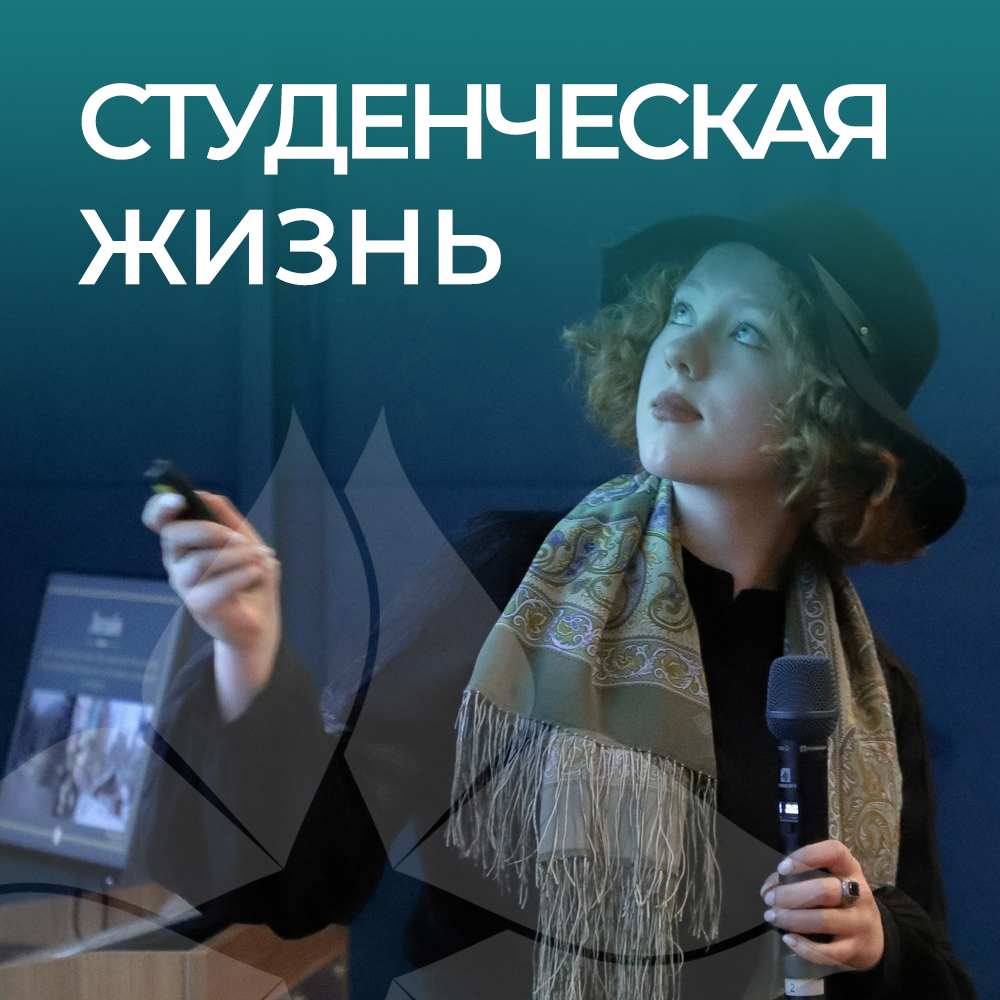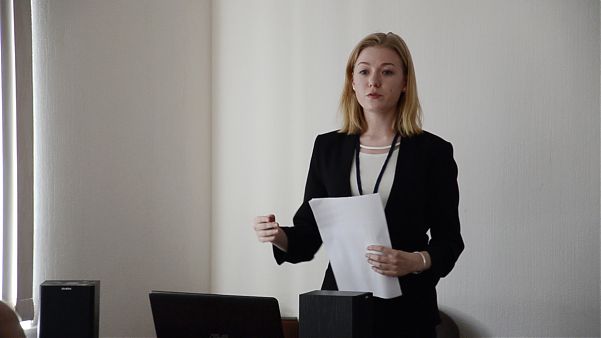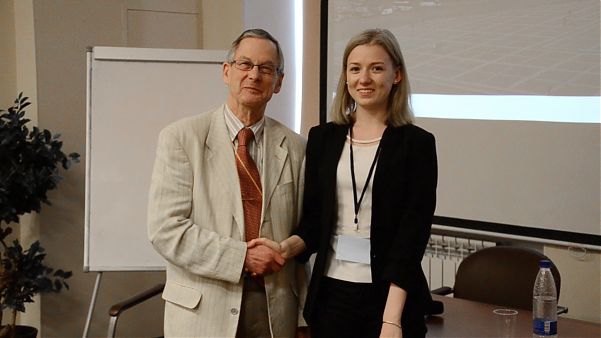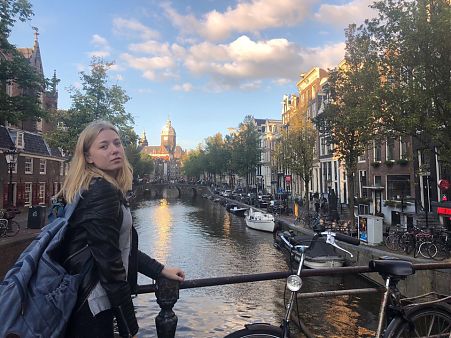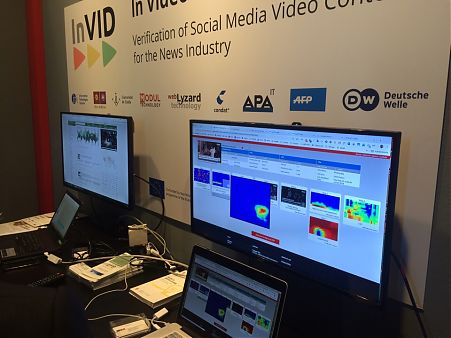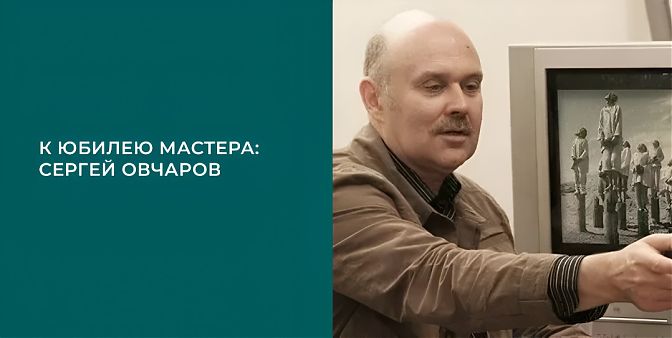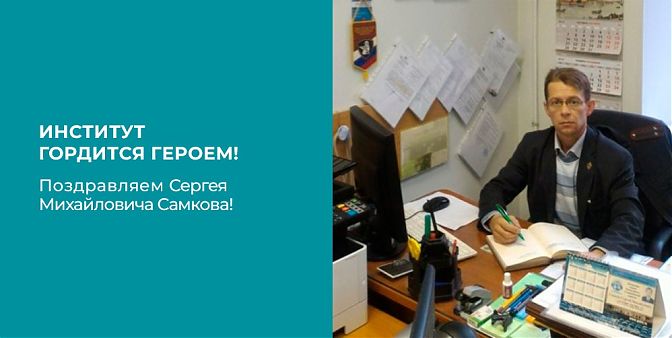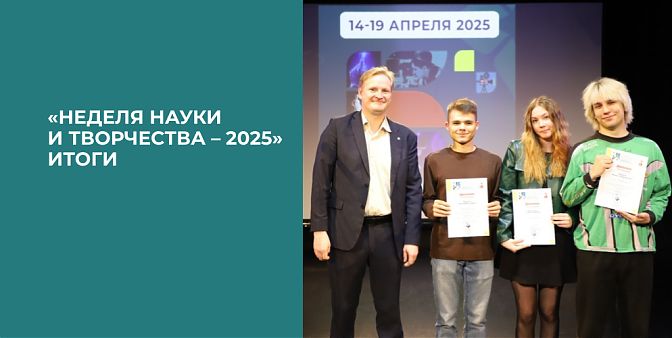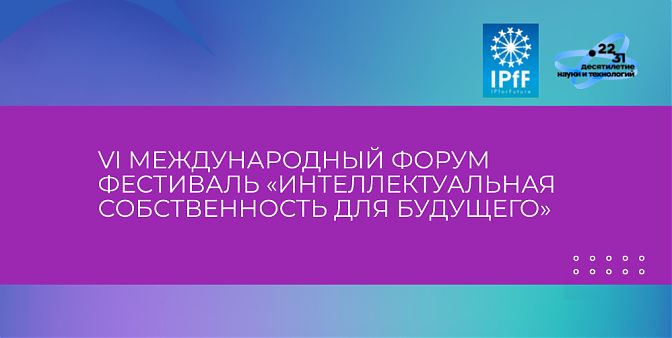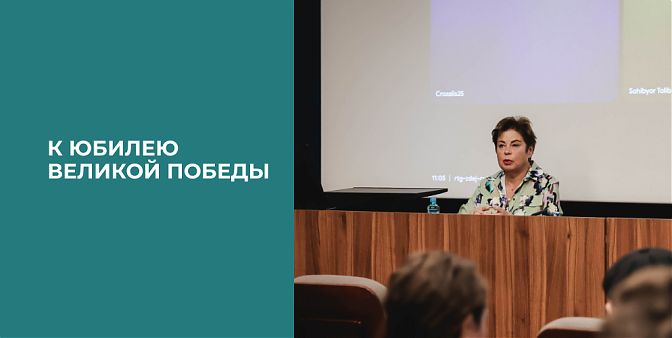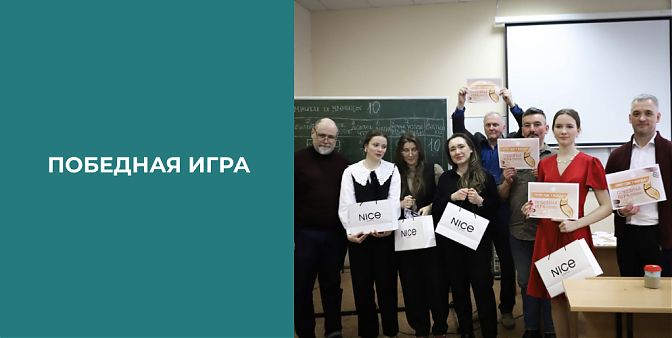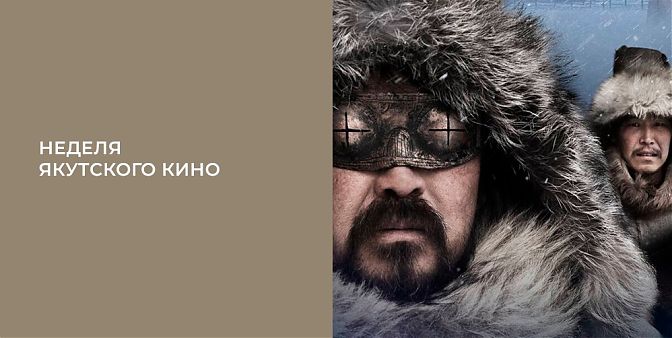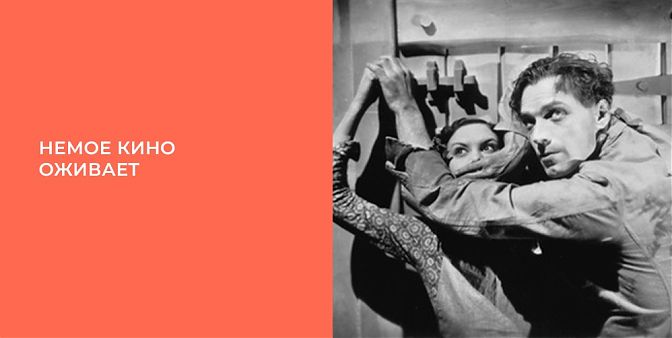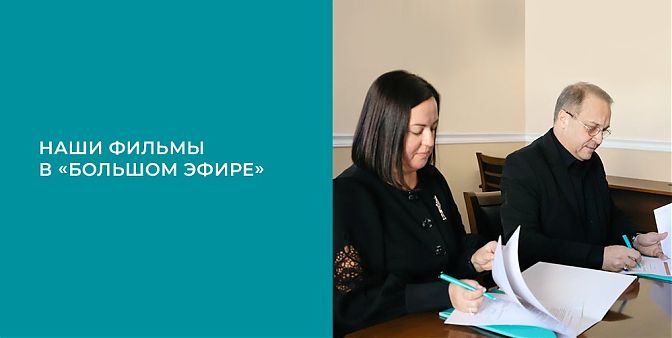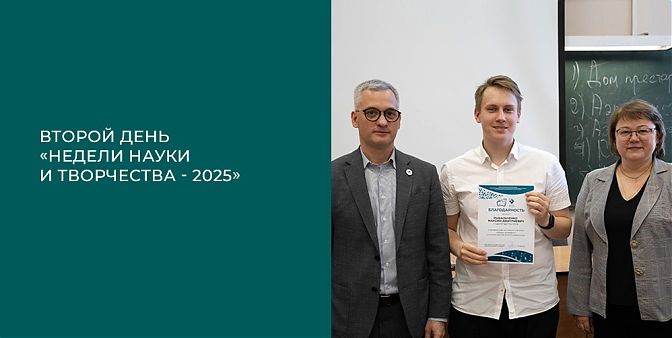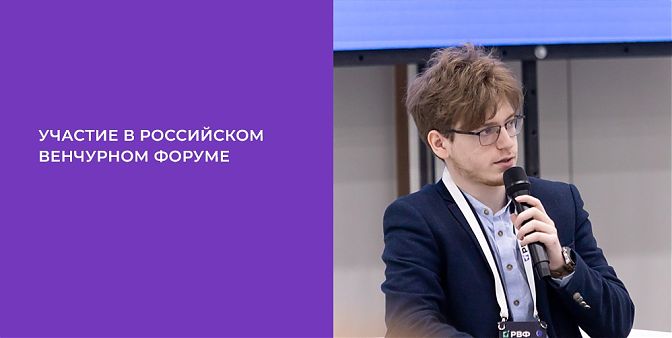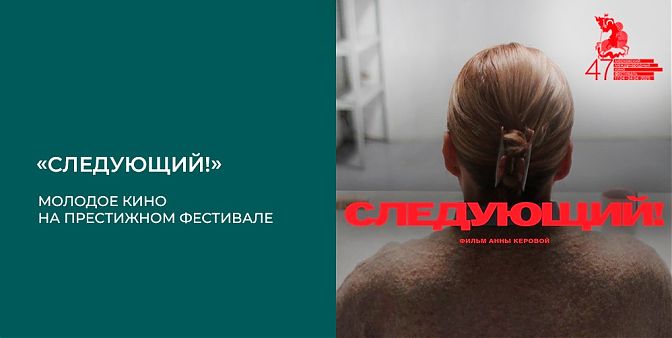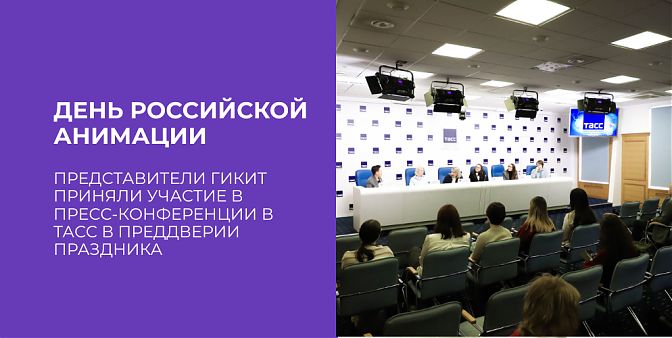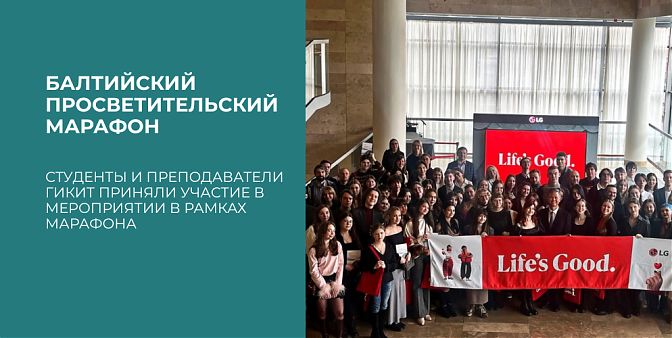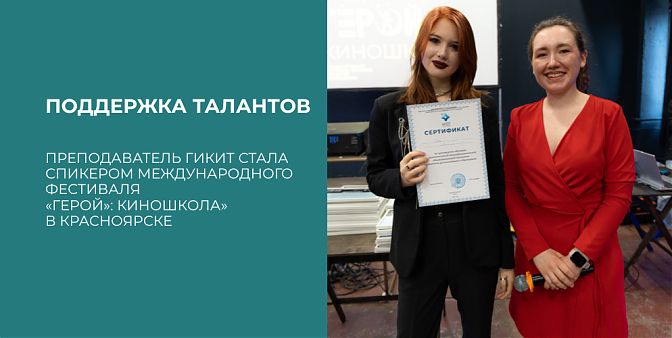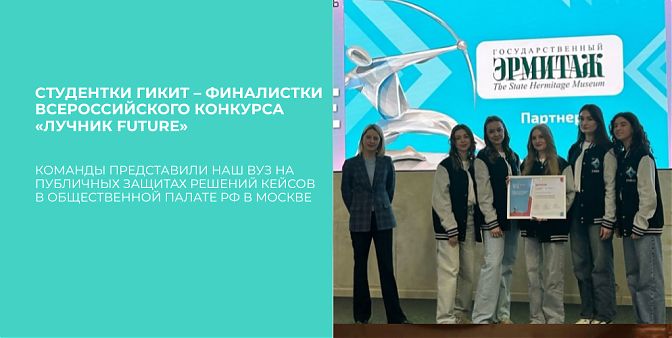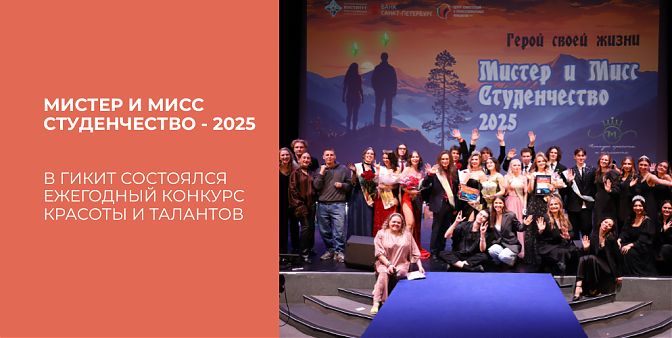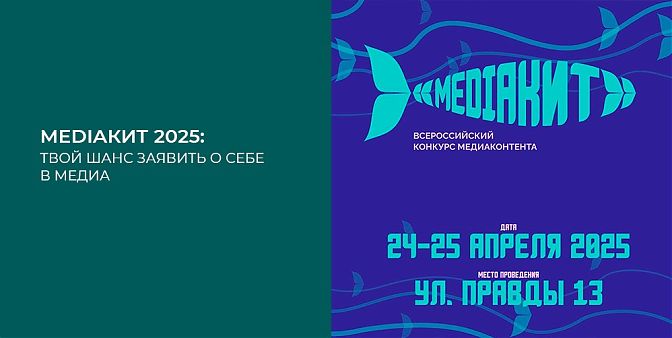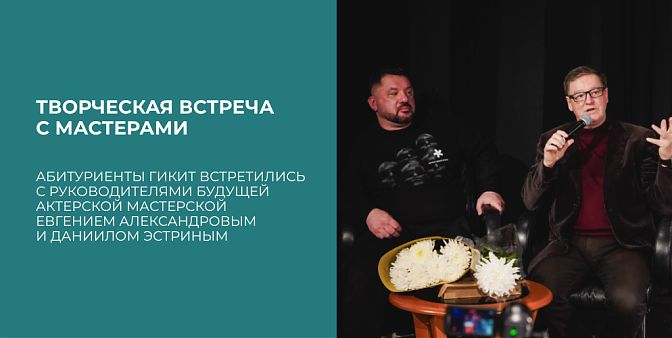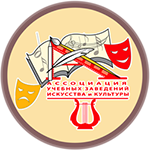04.03.2019
IBC2018: restart of mind

We are starting to publish a series of SPUFT students' notes on attending the International Broadcasting Convention IBC2018. In them, students will not only share their impressions about an important event in the global media industry but also tell in detail what to do to repeat their journey.
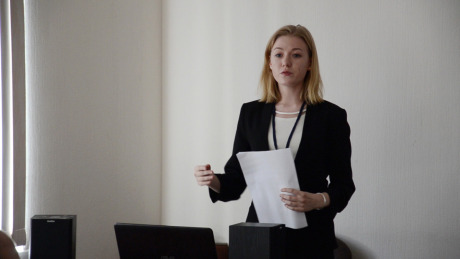
As you know, “A journey of a thousand miles begins with a single step”. My way to the IBC2018 in Amsterdam began with the decision to take part in the student’s conference "Digital and information technologies in the electronic media industry-2018" at the St. Petersburg state University of Film and Television. The winner's grant from the International Association of Broadcasting Manufacturers (IABM) fulfilled not only my dream to visit the Netherlands, but also determined the further vector of professional development.
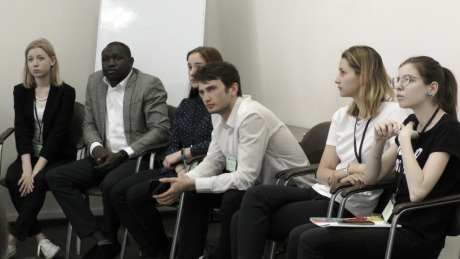
We spent most of our time at the RAI Amsterdam Convention Centre. 15 halls with 1700 exhibitors from 170 countries of the world – it is absolutely impossible to see everything at once. And me as a student of the specialty "Television", visited only those stands which were interesting to me as a TV journalist. Virtual TV studios instead of scenery, improved mobile TV stations and teleprompters – I was interested in all the novelties of the industry that will appear in Russia only in the near future. It was gratifying to see representatives of domestic companies at the exhibition ("Export center. Made in Russia"), because it means that my countrymen keep up with the whole world community of broadcasters, also set and develop trends.
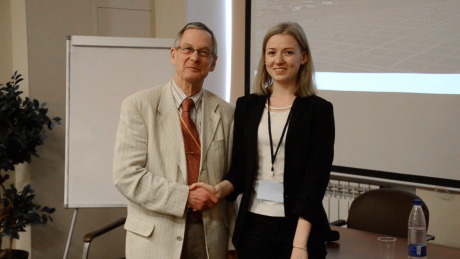
Synergy of technologies and content
The educational program was also rich: in the morning I went to lectures of BBC Research & Development stand about immersive technologies and 5G, in the afternoon – discussions and master classes from HBS Broadcast Academy. Most of all I liked the master class on the promotion of women in sports production, where we tried to conduct a football broadcast at the Director's Desk. It turned out to be difficult, but very exciting because it is teamwork that requires quick response and great care from everyone. The realization that I am one of the first among my compatriots to learn about the future of television technologies inspired me to connect my fate with international activities in the industry after the exhibition.
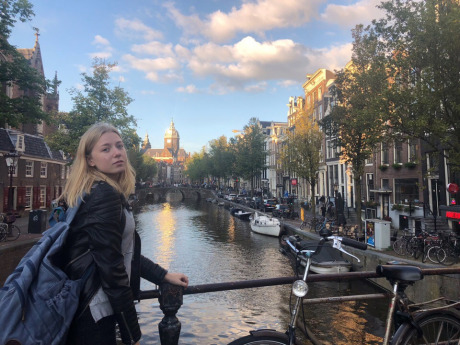
It should be noted that this year the conference paid much attention to the content. Why is it important at the exhibition of television technologies? First, television is a synergy of technology and creativity. Secondly, developing only one side of the segment, you can not succeed. Well-coordinated teamwork is an interesting content delivered to the viewer with high quality. So I was very interested to attend the lecture of Peter salmon about "Creating content for the connected generation" and a round table where were discussed the issues «How to captivate kids”. Even today I can appreciate the benefits of these performances, because at the University on the disciplines of "Fundamentals of television programming" talk about the modern experience of foreign colleagues. The discussion "Trust and technology, telling the (real) news" was also important for me, because my possible future dream employers expressed their positions. And if you don't learn firsthand now, when?

The project will save journalism
Special attention at the exhibition deserves hall Future Zone, which presents the latest developments of the industry. Most of all, I was struck by the video verification platform InVid, which verifies the authenticity of video content from social networks, thereby making life easier for journalists and ordinary news consumers. The program looks for footage published on the network earlier to outdated information attackers are not used as fake news. In addition, the platform analyzes the pixels of photos and video fragments, and in the case of editing the content of the frame (for example, replacing the object) shows the presence of changes in another colour on the thermal imager. Such an invention is undoubtedly important in the post-truth era, and, having met with the leaders of this project, I decided to do an individual study.

I will try to explain why this technology is necessary for everyone who reads the news. Imagine that you are flipping through the news feed in your smartphone and see a photo in which the military with a stripe of the flag of your country attacked another state. You panic and you worry about how the martial law will affect your entire family. And if you do not open, for example, the mobile application InVid, which will analyze the image, you will not know that the flag on the sleeve of a soldier someone "pasted" on top to cause panic, and the photo, in fact, for several years posted on the network after the events that took place far from you (or even on the set of the film). On the InVid stand such cases were shown a lot, and now you can personally check the news.
The IBC provided me with not only information for analysis, but also the ground for thinking about the future of verification technologies. For me, this is a priority issue that needs to be resolved, because today it is so easy to be deceived. And if at first, the media chased technological progress to attract the viewer, today there is a serious and not always honest struggle to keep the viewer. And the role of technology today is huge: in order not to lose the trust of the audience and preserve the ethics of the journalist, it is necessary to deal with false information today.
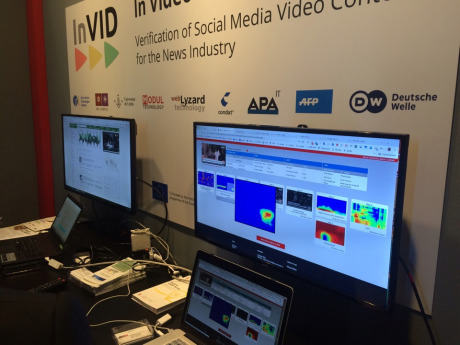
A new puzzle in the worldview
Like any journey, a trip to Amsterdam at IBC2018 has put a new puzzle in the picture of my worldview. Now I know that the television industry is not dying, as we used to think in Russia, but rather a rapidly developing and promising platform. Now I see that television production and broadcasting needs young professionals who will not allow the industry to become obsolete. Now I understand that a TV journalist at a technology exhibition is not superfluous, because if you know how the equipment works, thanks to which you appear every day on the air, then the awareness of your profession is another. Now I am convinced that the Russian education in the field of television is not inferior to the European one, and all this is due to communication with students from Germany, France and England, who, like us, students from St. Petersburg, became the owners of grants.
I express my gratitude to the International Association of Broadcasting Manufacturers (IABM) and personally Peter White and Dr. Martin Salter, the Department of international relations of the St. Petersburg State University of Film and Television and personally Konstantin Glasman and Evgenia Grinenko, for the fact that I returned with faith in my profession, and for the fact that my experience of conquering IBC2018 was a success!

Svetlana Nikitina,
St. Petersburg State University of Film and Television



